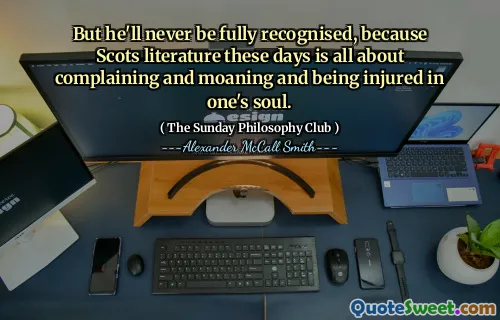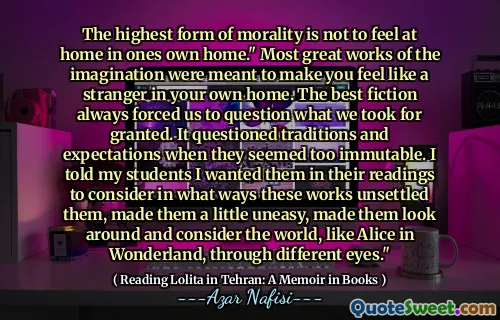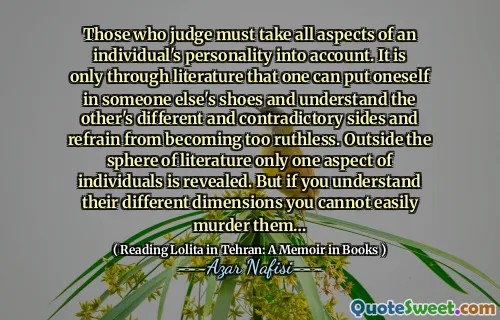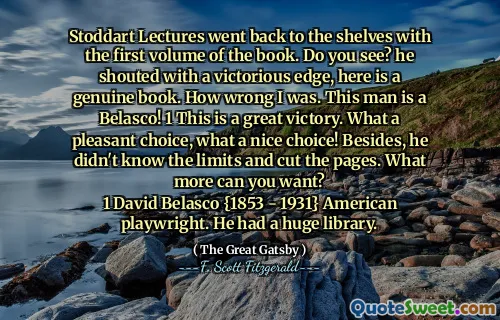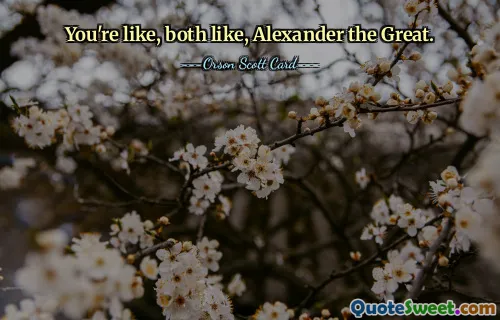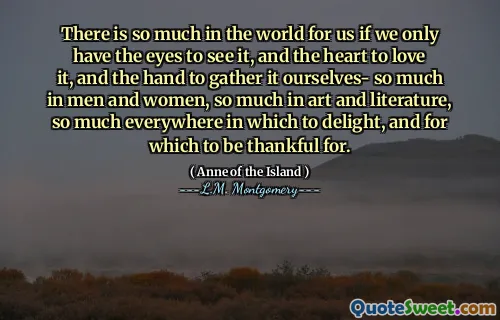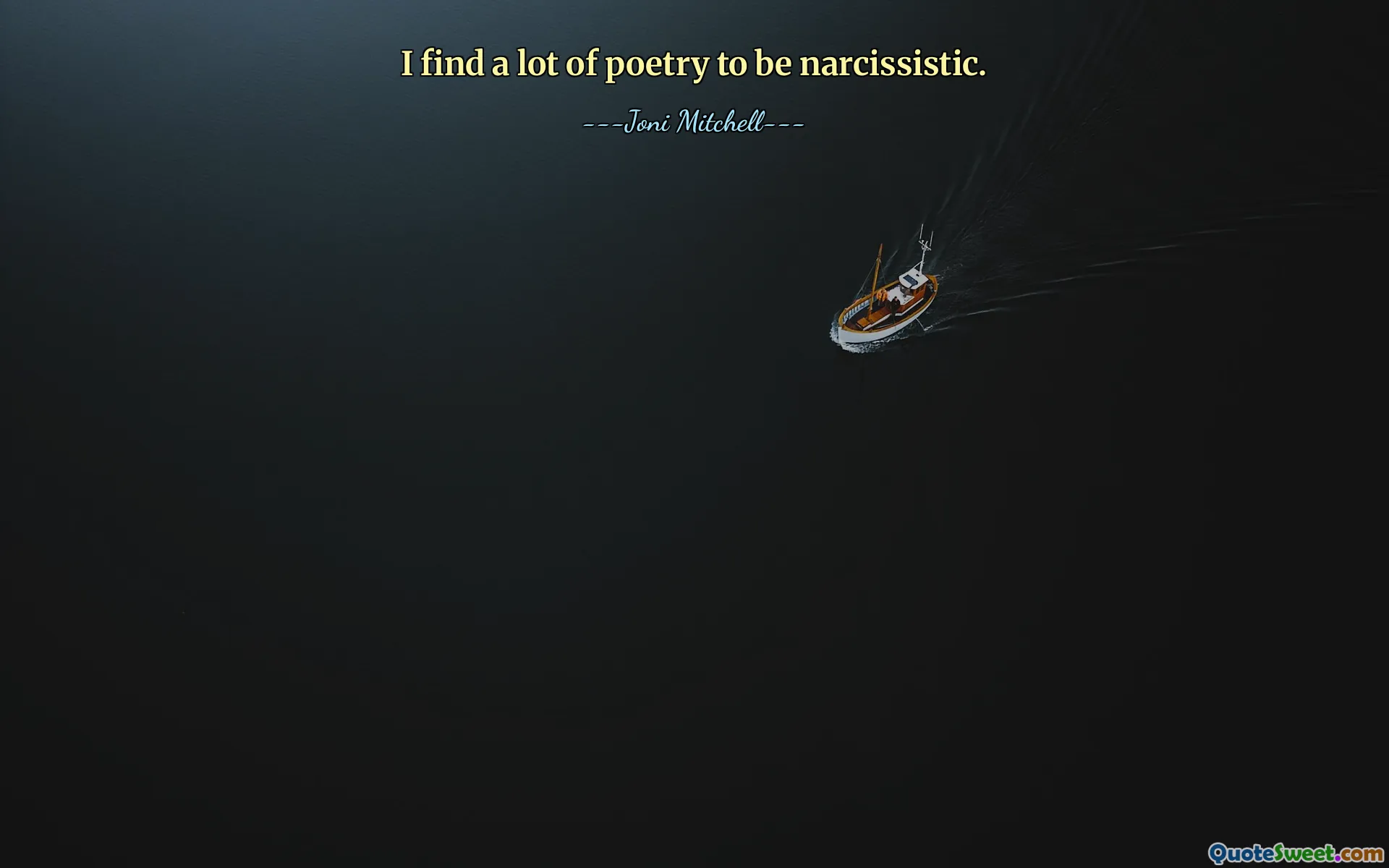
I find a lot of poetry to be narcissistic.
This quote encapsulates a perspective that sees poetry as sometimes centered around the poet's own ego and self-expression. Poetry is traditionally viewed as a profound form of artistic expression, capable of exploring the depths of human emotion, societal issues, and philosophical ideas. However, from this point of view, it can also be argued that some poetry intentionally or unintentionally reflects the poet's self-absorption, personal preoccupations, or a desire for recognition. Such poetry may seem more focused on the poet’s internal experiences than on connecting with or enlightening the reader. This perception invites a broader reflection on the balance between personal expression and audience engagement in creative works. While vulnerability and self-revelation are vital elements that can make poetry powerful and authentic, there's a fine line where such focus shifts into the realm of self-indulgence. This statement might resonate with anyone who has encountered poetry that feels more like a monologue about the poet’s ego rather than a conversation or an observation intended to transcend the self. Yet, it also raises questions about artistic intention and the reader's perception—what one might see as narcissistic, another might perceive as necessary honesty or self-awareness. Ultimately, this quote prompts us to think about the role of humility in art and the importance of serving both the creator’s truth and the audience's experience, ensuring that self-expression does not overshadow meaning or relatability.






